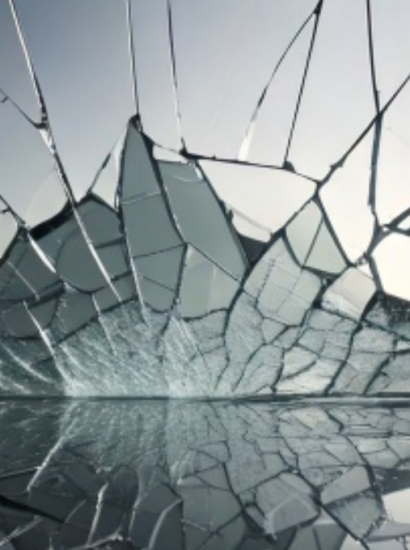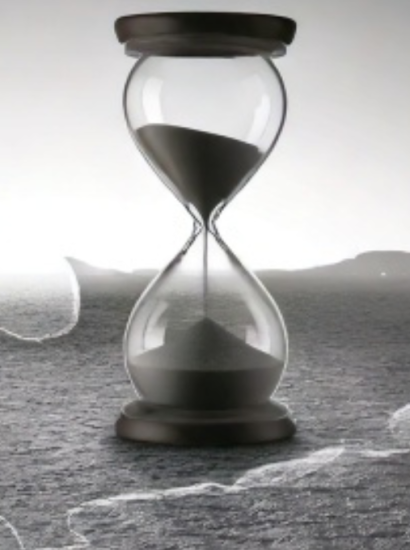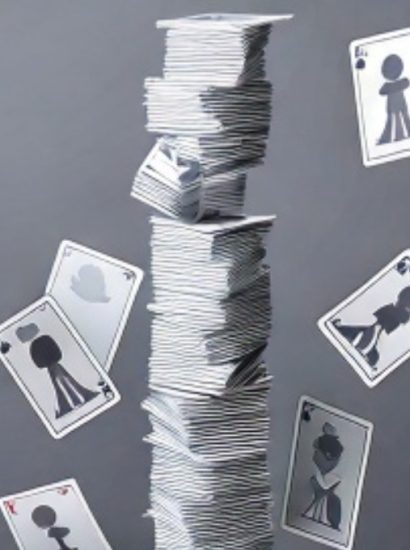This post is also available in: ΕΛΛΗΝΙΚΑ (GREEK) TÜRKÇE (TURKISH)
At a time when extremist forces are restlessly emerging everywhere and cult figures are becoming mainstream, these groups become the positive protagonists of an era heading in an uncertain direction, granting centre stage to certain things that some people insist on marginalising.
At a time when the election of Giorgia Meloni in Italy confirmed that the extremists are turning mainstream, and cult figures such as Andreas Themistocleous (who was quick to share his joy by wishing a speedy recovery to “Europe’s aggrieved, LGBTQI, illegal immigrants, multiculturalists, anti-patriots, sell-outs, bought-outs, internationalists, and all of MARX’s orphans”) reminded that obstacles to progress abound, some other groups were sending the message that not everything is grim. That there are still those who are fighting to make the world a better place. [Translator’s note: Themistocleous is a politician with former links to DISY, then ELAM, and is now an independent]
Such as the women in Iran. Who, in reaction to Mahsa Amini’s death by torture at the hands of Iran’s ‘morality police’ because they judged she was not wearing her headscarf correctly, have taken to the streets, risking their lives to demand their right to choose. In the face of a state with zero tolerance for freedom and even less for women’s freedom, they are burning their headscarves and cutting their hair. They are joined by tens of thousands in many other countries who are showing their support: They are gathering outside embassies, also cutting their hair in a show of solidarity, and pushing for resolutions and support. The battle, however, is being fought by women in Iran. There, where the cost is very real (the death toll has already exceeded 60), they are reigniting the debate on human rights. They are producing policy, they are trying to restore reason. They are becoming an engine for change and an agent of progress in the face of fundamentalism and obscurantism.
Such as the Ukrainians, who 7 months later continue to fight against Russian expansionism and barbarism. On behalf of the entire free world. They have a large portion of the world’s governments and people on their side. People who put the Ukrainian flag next to their photo on social media, and who took to the streets (the few of us who did) with blue and yellow flags. Doing their duty. Which, however, as in the case of [supporting] the Iranians, is being done from a distance and with confidence regarding one’s own safety. The battle is being fought by the people of Ukraine, who are also paying the price for freedom.
Or such as the LGBTQI community. Fighting its own battle against intolerance and arbitrariness. With thousands gathering again this year to stand up for the right to diversity, equality, freedom of choice. And many thousands more uniting their voices with the LGBTQI community. Those of us who went to the march on Sunday left convinced that as a society we have made strides forward, having seen families turn this demand for justice into a celebration. Even if statements like those of Themistocleous or the responses of [presidential] candidates on LGBTQI rights remind us that we still have many miles to go. And we owe this comforting feeling – that the light cannot be forever obscured by darkness – to the struggles of the LGBTQI community. Maybe those of us who were there for a while to reaffirm our support for their demands, which should go without saying, or who have written articles or supported their efforts from time to time, felt that we had done our duty. But the LGBTQI community alone has fought this struggle and practically alone they continue to do so.
They are the ones who have experienced and continue to experience discrimination and bullying by the state and sections of society. They are the ones who had to convince that it is not the right of others to decide if they should have the same rights as them. They did all the work and it was plenty, and it was painful and unfair. Because they had to fight for what the rest of us grew up taking for granted. Against those who defined what was normal and what was natural. Against those who proclaimed themselves to be the morality police, thinking they could decide who should have certain rights and who should not. Against every Meloni who believes that she is entitled to decide the structure and form of the family. Against every Themistocleous who wonders who will wear the wedding dress and whether we will all be forced to be homosexual. Against institutions that strive to keep the world pinned down and stagnant. Against all those who know best. Taking a stand. Taking the heat. Paying the price, as Iranian women are. To bring about justice, equality, the right to choose. Battles that do not only concern them. They concern all of us.
At a time when extremist forces are restlessly emerging everywhere and cult figures are becoming mainstream, groups such as these become the positive protagonists of an era heading in an uncertain direction, granting centre stage to certain things that some people insist on marginalising. They are not the ones who need us. We need them. Because they make our world more just. More beautiful. They make it better. The image of children holding multi-coloured flags – in contrast to the images of Themistocleous and Giorgia Meloni – leaves no room for doubt.
Source: THOSE WHO MAKE OUR WORLD BETTER






